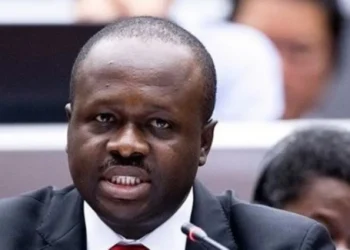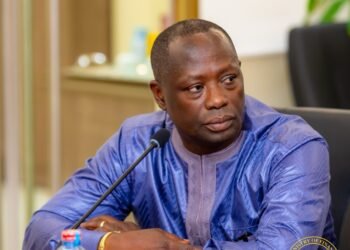In Ghana’s often-polarized political arena, the influence of ethnic politics remains a persistent undercurrent—despite the country’s democratic advancements.
According to Bright Simons of IMANI Africa, the categorization of individuals from the northern part of the country under a singular “Northerner” label not only perpetuates political discrimination but also masks the deep ethnic diversity present in that region.
Simons shared that, much like many educated Ghanaians, he had long taken for granted the widespread belief that the label “Northerner” is frequently used in ways that reinforce political exclusion and social marginalization.
,“There being at least 17 major ethnic groups in the part of the country usually called ‘Northern Ghana’; strategic uses of the term can serve to erase the identity of a large number of people and render them invisible.”
Bright Simons
Simons raised concerns about the rationale behind claims suggesting that it would be politically untenable for another person from Northern Ghana to become President following the current administration.
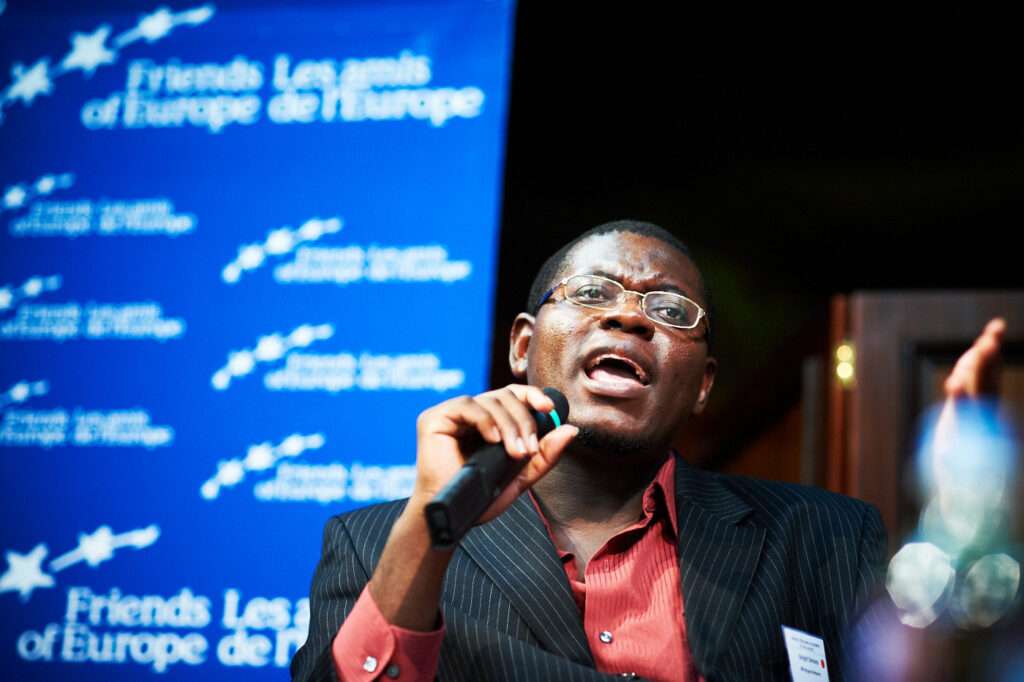
He challenged this reasoning by highlighting that, in a truly pluralistic political system, such ideas should hold little weight. He emphasized that statements like these often reflect narrow, ethnocentric thinking rather than the inclusive values democracy demands.
Yet, he acknowledged that such sentiments are not uncommon in political discourse, with many repeating them matter-of-factly as if they were logical or accepted truths. “But this afternoon, it hit me differently: the ‘Northern Ghana’ thing has also been used to powerful political effect in this same country.”
Ethnic Politics Still Shapes Elections
Bright Simons also observed that the interplay between ethnic identity and political success is not a recent development but has become more pronounced during Ghana’s Fourth Republic.
He explained that the collective identity of “Northern Ghana” has played a crucial role in enabling certain individuals to attain the presidency, particularly as ethnically charged politics have become more prominent in recent decades.
This trend reflects a broader reliance on regional and ethnic alliances as key strategies in national political campaigns.
“Let me be even more provocative and say that, in this 4th Republic, an Nzema person becoming President of Ghana would be no small feat. Even though the first-ever President was from that ethnic group.
“I reckon it is the same for a Ga-Adangbe person. Or others born into some other small minority ethnic groups. Yet, the population of Nzemas in Ghana (~420k) is not all that smaller than that of Gonjas (~460k). The Ga-Adangbe are almost 2 million strong, nearly 4x the population of the last presidential candidate of the main Opposition party.”
Bright Simons
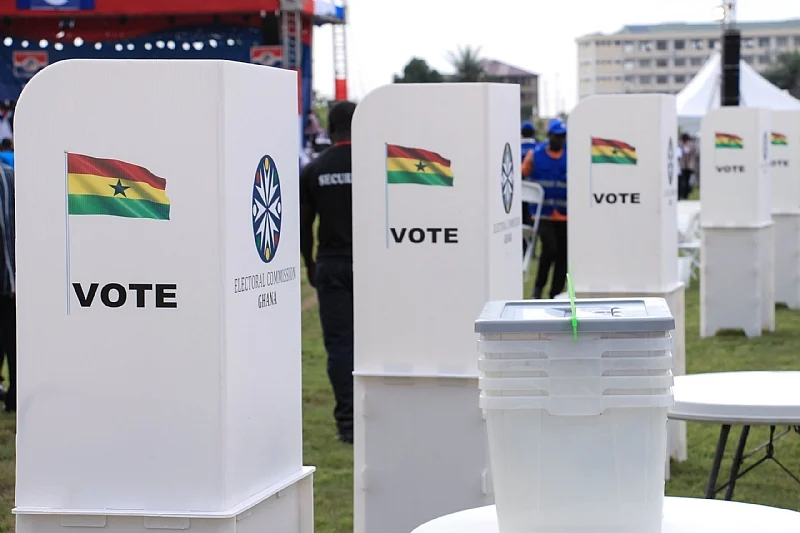
Simons further drew on historical examples to emphasize how ethnic identity has long influenced political inclusion in Ghana.
He pointed out that even before ethnocentric politics fully crystallized, the presidency had been accessible to certain groups, such as the Sissala, a relatively small northern ethnic group.
In highlighting this, he compared the political utility of the “Northern Ghana” identity to that of the widely recognized “Akan” identity in the southern part of the country.
According to him, this collective northern identity has provided smaller ethnic groups in that region with a strategic advantage.
Without this unifying label, he argued, these communities might have faced the same barriers to political leadership historically experienced by groups like the Nzemas, Krakyes, and Krobos. “I know that this is a very controversial topic. So much so that few ever bother to look closely.”
Simons asserted that this pattern of ethnically influenced candidacy is widely acknowledged among political insiders, particularly during the primaries of Ghana’s two major political parties.
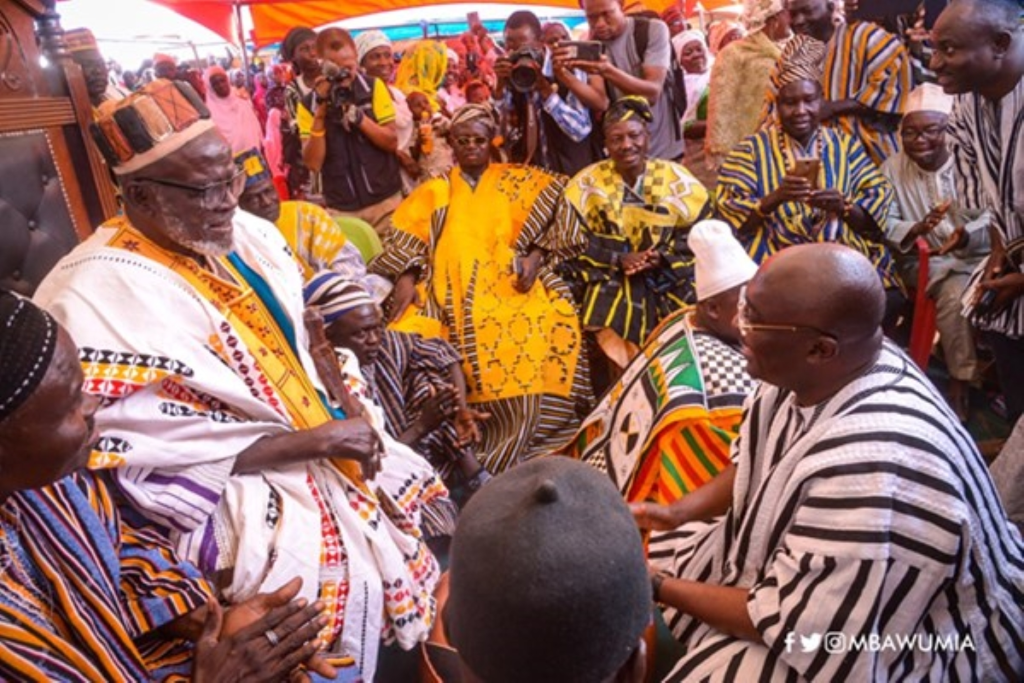
He observed that the leading contenders almost always emerge from either Akan or Northern Ghanaian backgrounds—an outcome that, in his view, is too consistent to be coincidental.
While he expressed hope for a national political culture that rises above ethnicity, he stressed the importance of facing current realities honestly.
In his view, ignoring these visible patterns only delays the country’s progress toward a more inclusive and ethnically neutral political system.
As Ghana moves toward upcoming elections, Simons’ insights invite a critical reassessment of the country’s ethnopolitical norms.
His reflections underscore how ethnic politics continues to shape leadership prospects, and by extension, the broader democratic process.
READ ALSO: Power Sector Crisis Demands Transparency, Not Just Privatization – Energy Specialist


